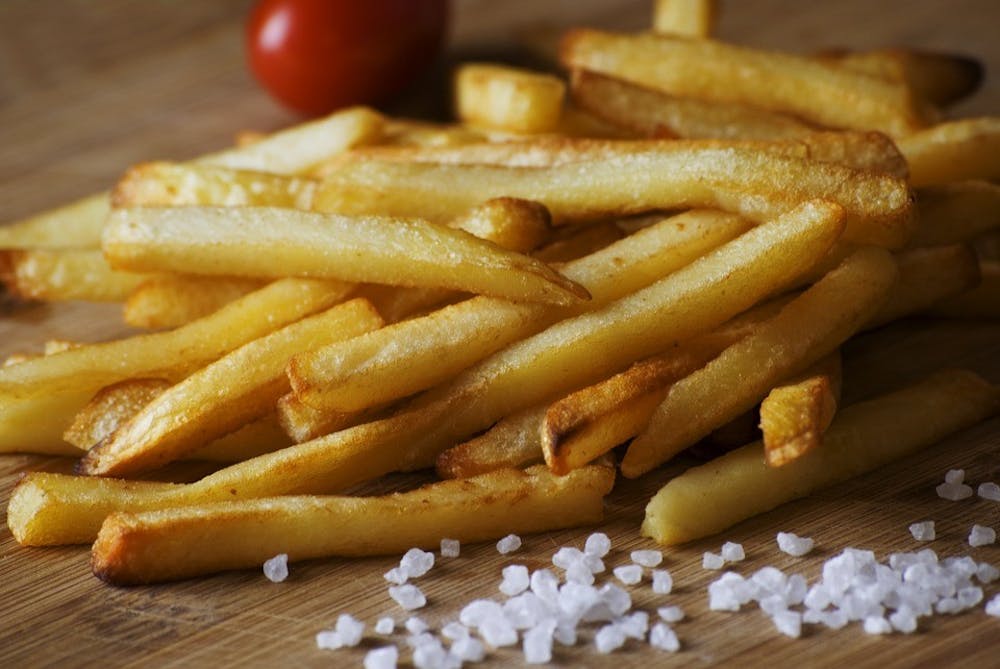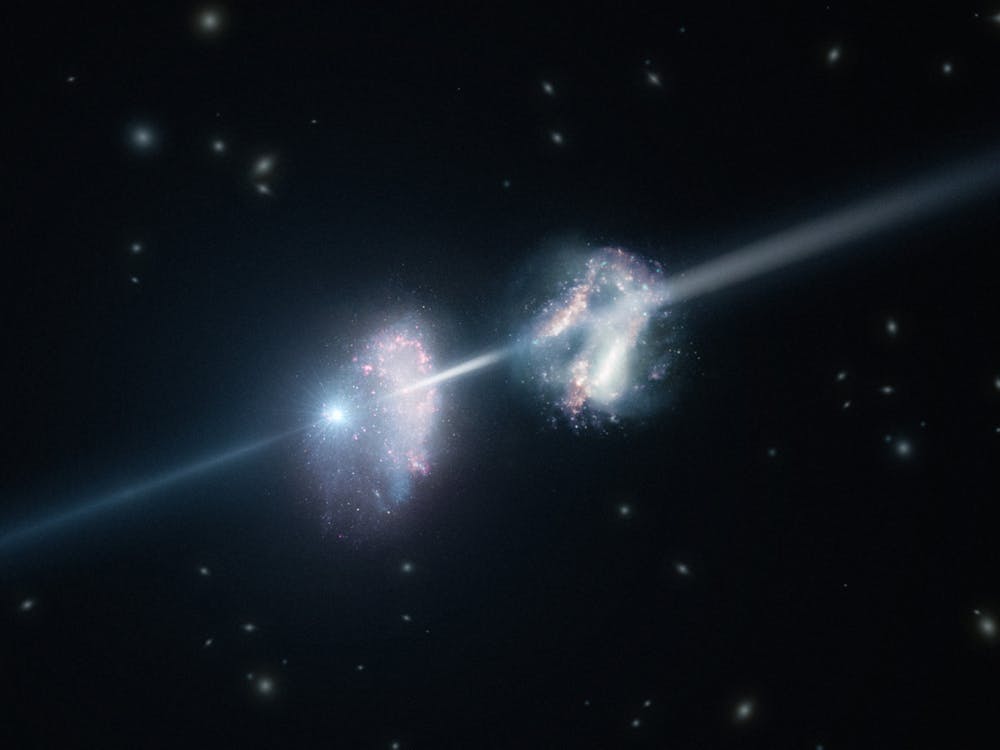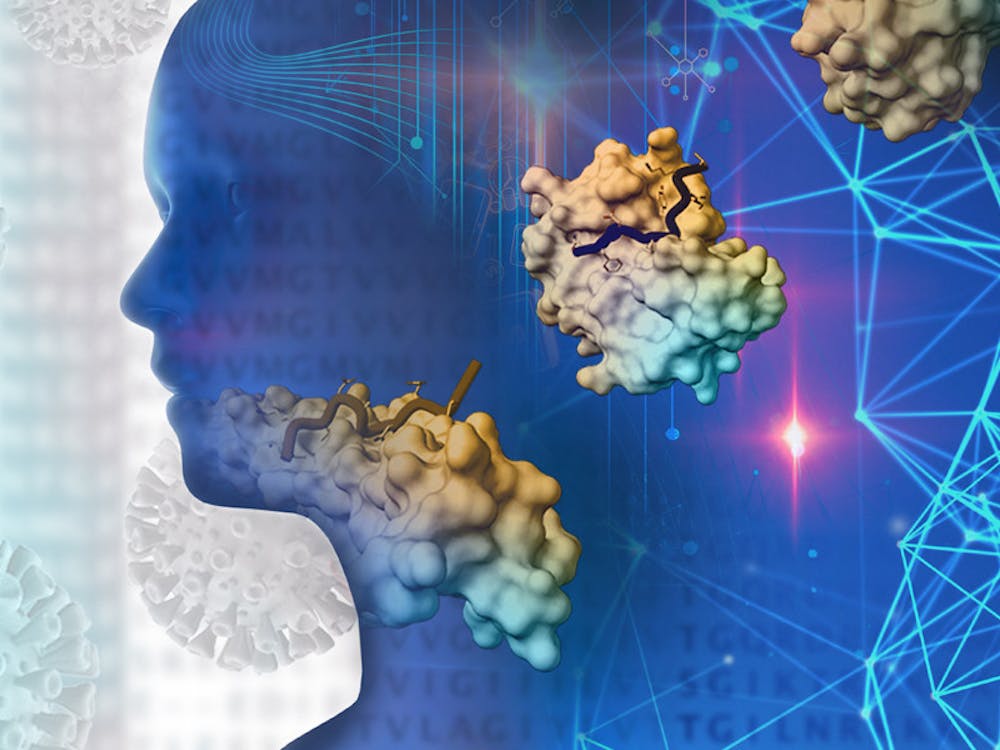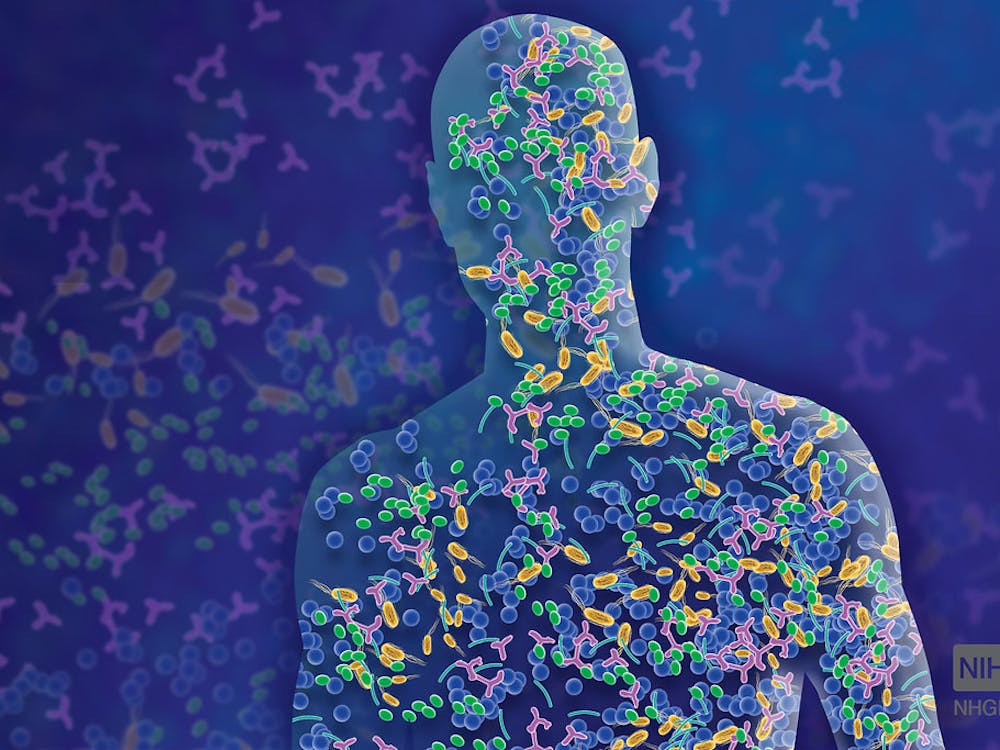It is a common presumption that eating salty foods will make people thirsty. However, there have been no published studies to prove this phenomenon.
Recently the German Aerospace Center, the Max Delbrück Center for Molecular Medicine (MDC) and Vanderbilt University carried out a long-term experiment that disproved this widely accepted hunch. The study, published in The Journal of Clinical Investigation, stated that eating salty food helps people retain more water.
Researchers from the Max Delbrück Center simulated a mission to Mars. Since water conservation is such an important factor in space travel, scientists were interested in finding ways for astronauts to decrease water consumption.
The researchers were particularly interested in determining an ideal environment where the amount of both water and salt for an astronaut to stay alive could be calculated.
The study included 10 male volunteers who agreed to participate in a space simulation. The volunteers were sealed in a fake spaceship for either 105 days or 205 days.
Each volunteer was assigned to eat a specific diet with varying salt levels. The primary investigator of the study was Dr. Natalia Rakova of the MDC.
It has been assumed that ions in salt, sodium and chloride, grab water molecules and flush them into the urine that is excreted.
The researchers found that salt could help the astronauts conserve water in the kidneys.
Although more salt led to higher salt concentrations in waste as well as an increase in the overall quantity of urine, the increase was not due to the astronauts drinking more. The salt was excreted in urine, but somehow water was not excreted with the salt and stayed in the kidneys.
Previous mouse model studies have shown that the molecule urea may help to conserve water. Although sodium and chloride ions may try to attract water molecules and excrete them through urine, urea can work to counteract this attraction.
Because energy is required to produce urea, mice that consumed a lot of salt had a higher level of metabolism and ate more. This correlated directly to the recent astronaut study. Astronauts that followed the salty diet were found to be much hungrier than astronauts on the normal diet.
“[Urea] is not solely a waste product, as has been assumed,” Dr. Friedrich C. Luft, hyptertension specialist and nephrologist at the MDC, said in a press release. “Instead, it turns out to be a very important osmolyte — a compound that binds to water and helps transport it.
Its function is to keep water in when our bodies get rid of salt. Nature has apparently found a way to conserve water that would otherwise be carried away into the urine by salt.
So how does this translate into advice for space travel? This study shows that increasing salt intake could decrease the need for water consumption. The body can be forced into equilibrium with less water by using the activity of three body parts — the liver, muscles and the kidney.
“While we didn’t directly address blood pressure and other aspects of the cardiovascular system, it’s also clear that their functions are tightly connected to water homeostasis and energy metabolism,” Dr. Jens Titze, associate professor at Vanderbilt University School of Medicine, said.























Please note All comments are eligible for publication in The News-Letter.